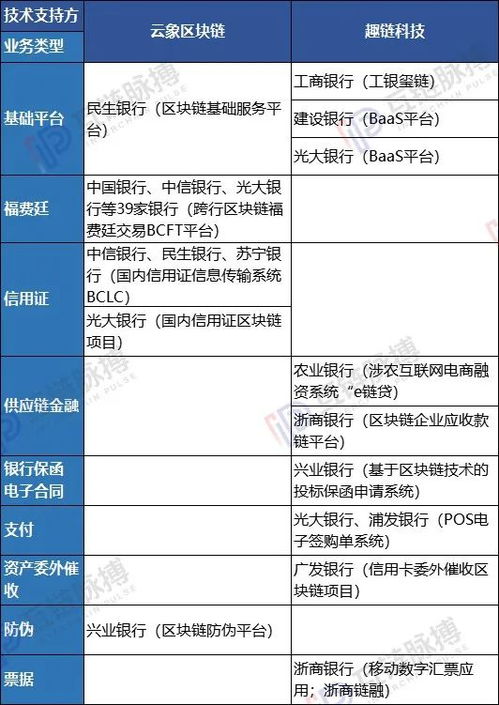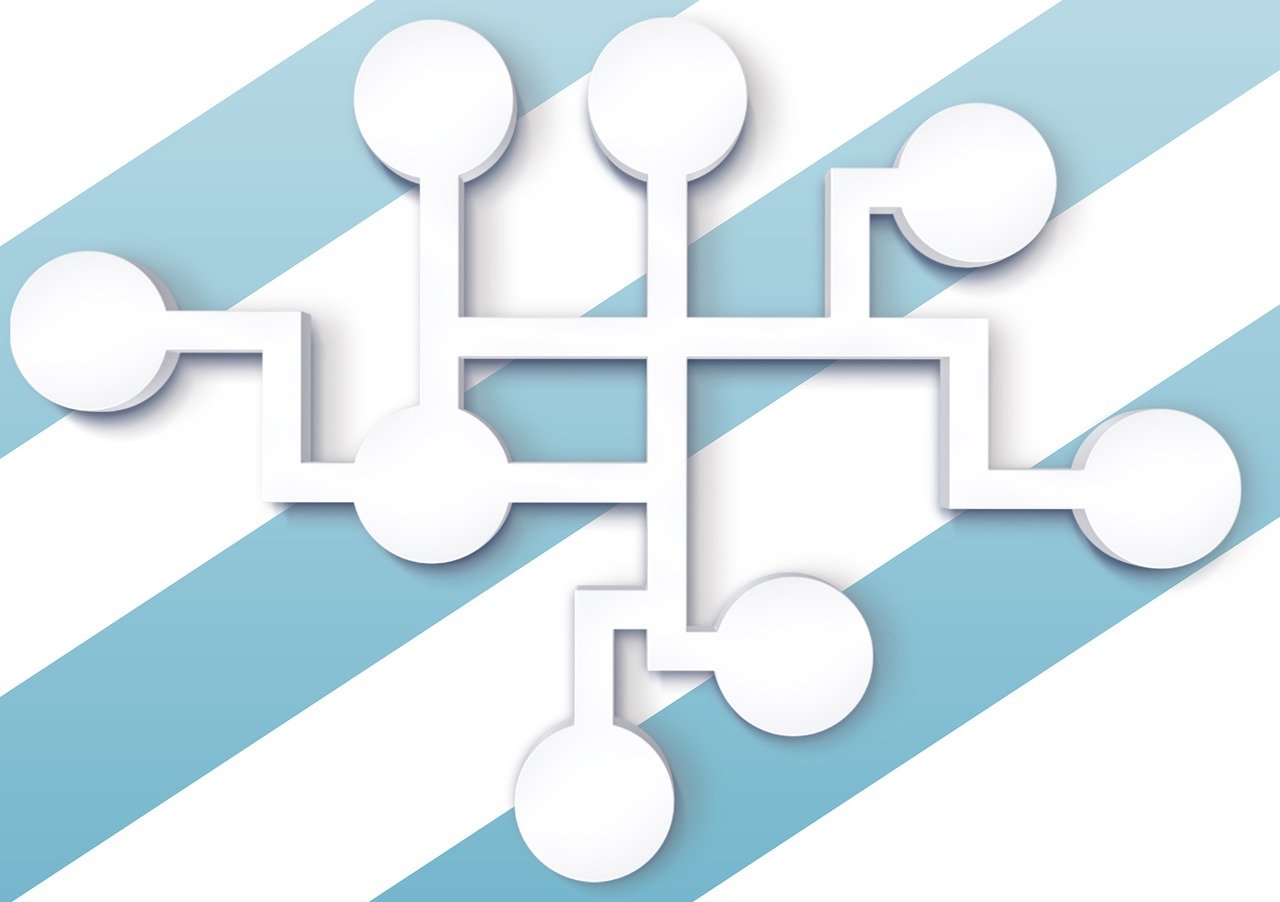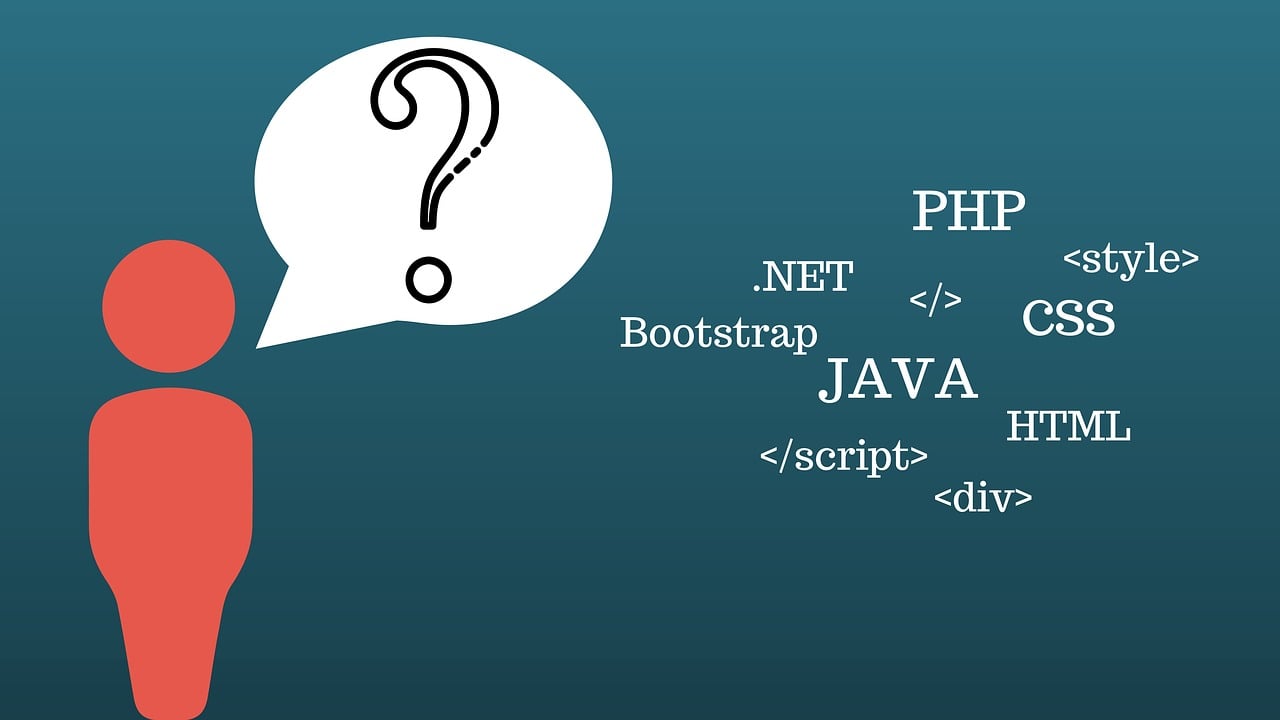区块链应用最好的银行有哪些
Title: Exploring the Best Blockchain Applications in Banking
Blockchain technology has swiftly emerged as a disruptive force across various industries, including banking. Its decentralized nature, cryptographic security, and immutable ledger capabilities offer a myriad of opportunities for transforming traditional banking processes. In this exploration, we delve into the realm of blockchain applications in banking to identify the best practices and potential strategies for harnessing its power effectively.
Introduction to Blockchain in Banking
Blockchain technology, essentially a distributed ledger system, facilitates secure, transparent, and efficient transactions without the need for intermediaries. In the banking sector, it has the potential to streamline operations, enhance security, and foster financial inclusivity. Here are some of the best blockchain applications in banking:
1. CrossBorder Payments

One of the most promising applications of blockchain in banking is crossborder payments. Traditional international transfers are often marred by high fees, lengthy processing times, and intermediary involvement. Blockchainbased solutions offer realtime settlement, reduced costs, and increased transparency. Ripple, for instance, provides a blockchain network specifically designed for facilitating crossborder transactions, enabling banks to conduct secure and swift remittances.
Recommendation:
Banks looking to optimize crossborder payments should explore partnerships with blockchain platforms like Ripple or develop their own blockchainbased networks tailored to international transfers.2. Trade Finance
Trade finance involves a myriad of documentation, including letters of credit, invoices, and shipping documents, leading to complexities and inefficiencies. Blockchain simplifies this process by digitizing and automating trade finance workflows, thereby reducing the risk of fraud and accelerating transaction speeds. TradeIX is a notable example of a blockchain platform that offers trade finance solutions, enabling banks to collaborate seamlessly with their clients and counterparties.
Recommendation:
Banks seeking to streamline trade finance operations should consider integrating blockchain platforms like TradeIX into their existing systems to enhance transparency, security, and efficiency.3. Know Your Customer (KYC) Verification
KYC verification is a critical aspect of banking compliance, requiring thorough identity verification processes to mitigate the risk of money laundering and fraud. Blockchainbased KYC solutions offer a secure and decentralized means of storing and verifying customer identities, allowing banks to streamline onboarding processes while ensuring regulatory compliance. SelfKey is a prominent example of a blockchainbased identity management platform that enables users to control and share their identity data securely.
Recommendation:
Banks aiming to enhance KYC processes should explore blockchainbased identity verification solutions like SelfKey to streamline customer onboarding, reduce costs, and improve data security.4. Smart Contracts
Smart contracts are selfexecuting contracts with predefined conditions encoded within them. In banking, smart contracts can automate various processes, such as loan origination, trade settlements, and insurance claims, leading to increased efficiency and reduced operational costs. Ethereum, a leading blockchain platform, provides robust support for smart contracts, allowing banks to deploy and execute them seamlessly.
Recommendation:
Banks interested in leveraging smart contracts should explore Ethereum and other blockchain platforms that support smart contract functionality to automate and optimize banking operations.5. Tokenization of Assets
Tokenization involves representing realworld assets, such as securities, commodities, or real estate, as digital tokens on a blockchain. This enables fractional ownership, increased liquidity, and enhanced transparency of assets. Banks can leverage tokenization to facilitate the trading of traditional assets in a digital format, thereby expanding investment opportunities and reducing barriers to entry for investors.
Recommendation:
Banks looking to capitalize on asset tokenization should explore blockchain platforms that support token creation and issuance, ensuring compliance with regulatory requirements and fostering liquidity in asset markets.Conclusion
The adoption of blockchain technology in banking holds immense potential for revolutionizing traditional financial systems. By embracing blockchain applications such as crossborder payments, trade finance solutions, KYC verification, smart contracts, and asset tokenization, banks can enhance operational efficiency, reduce costs, and improve the overall customer experience. However, successful implementation requires careful consideration of regulatory compliance, technological interoperability, and strategic partnerships within the blockchain ecosystem. By staying abreast of emerging trends and collaborating with industry stakeholders, banks can position themselves as leaders in the blockchainpowered future of banking.
This HTML document provides an indepth exploration of the best blockchain applications in banking, offering insights and recommendations for banks seeking to leverage blockchain technology effectively.
版权声明
本文仅代表作者观点,不代表百度立场。
本文系作者授权百度百家发表,未经许可,不得转载。










评论